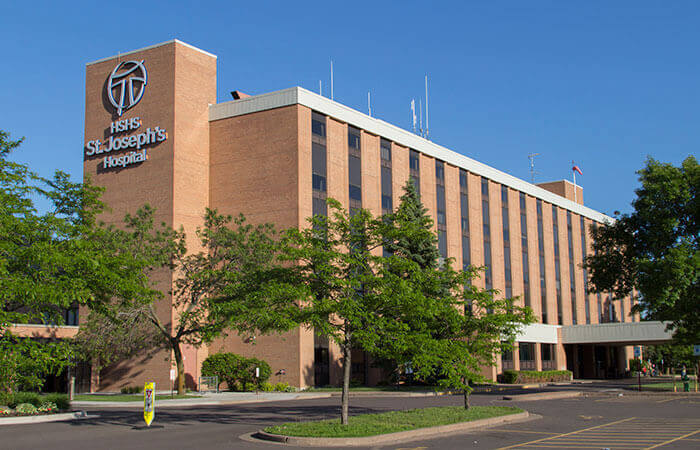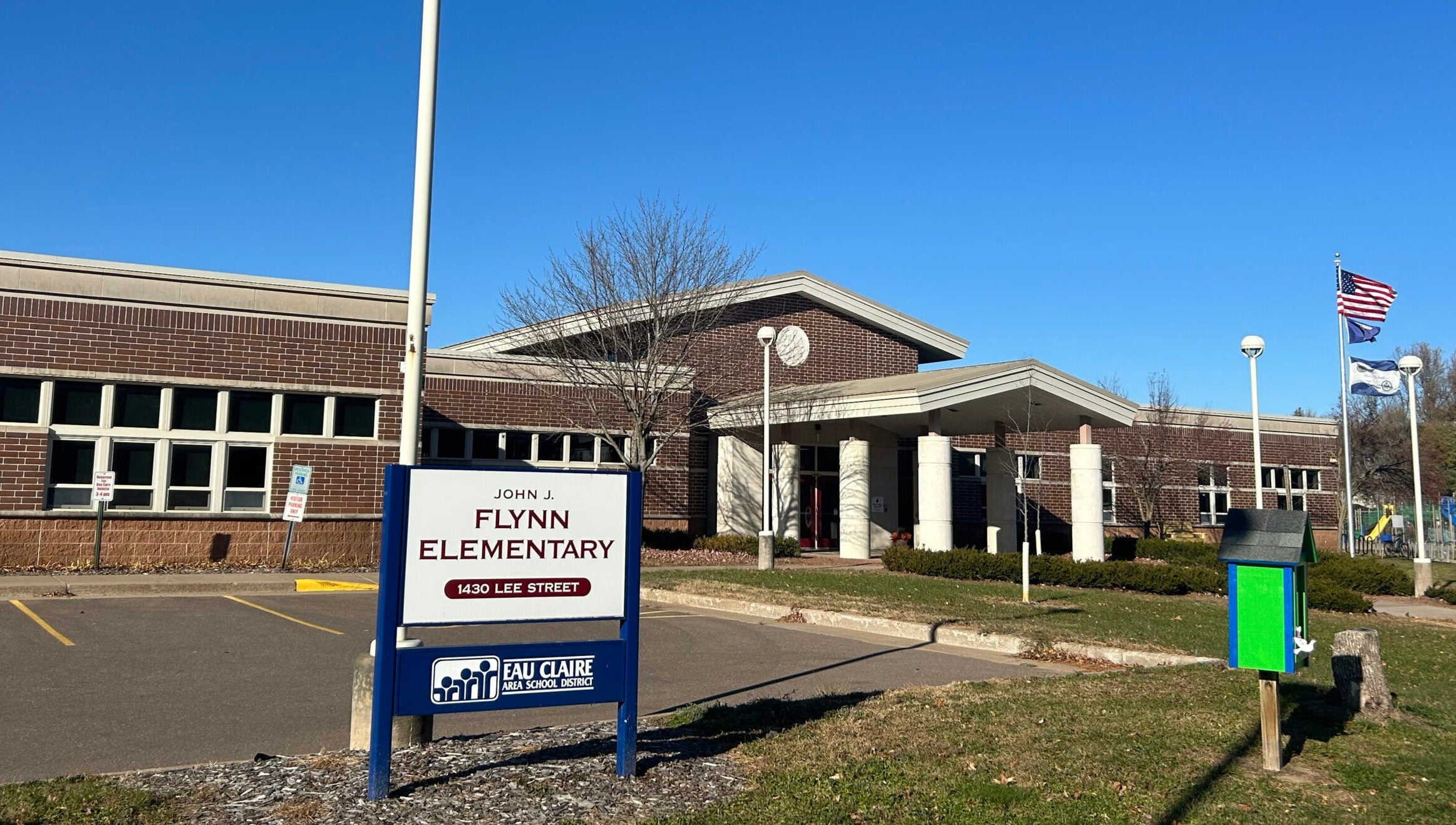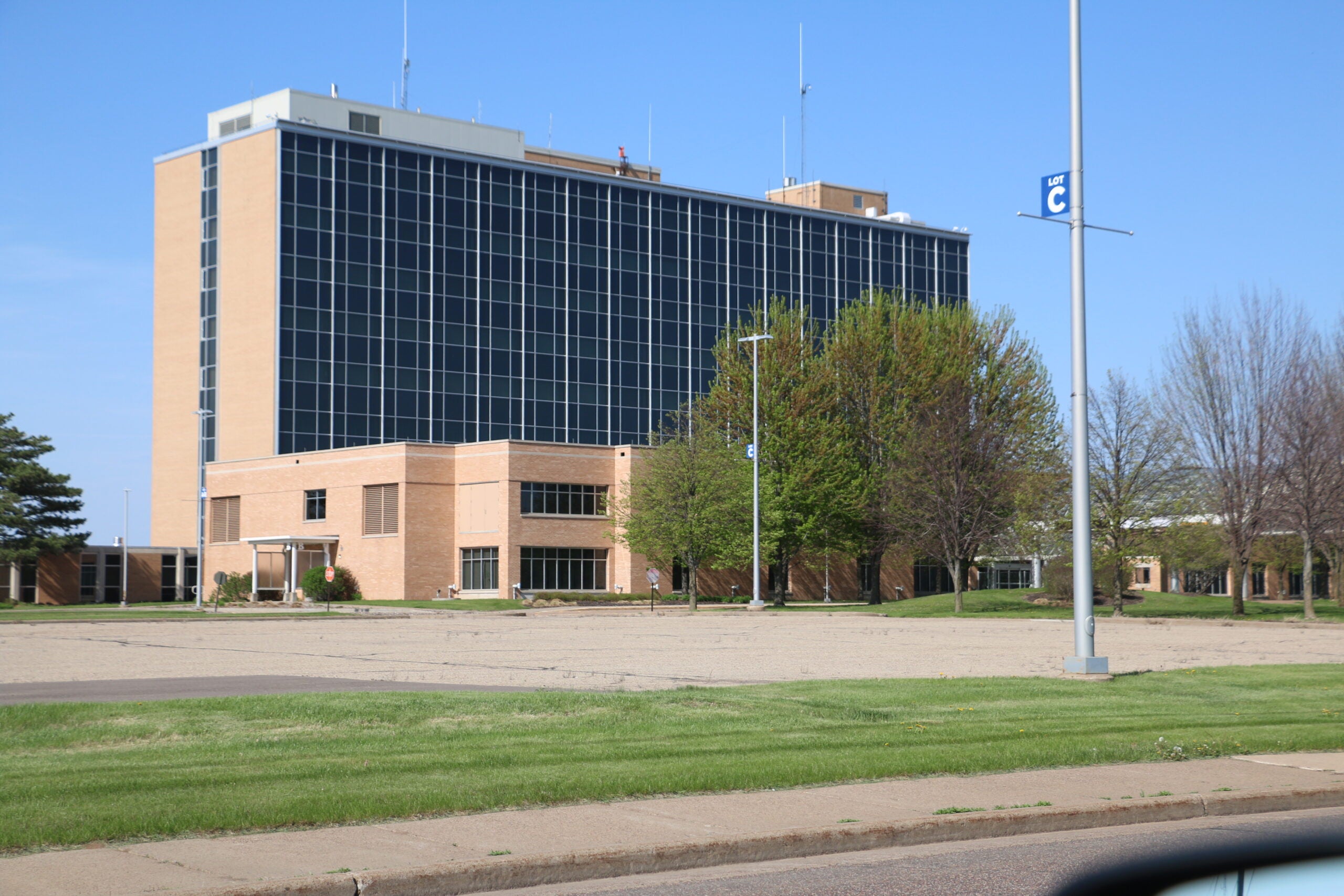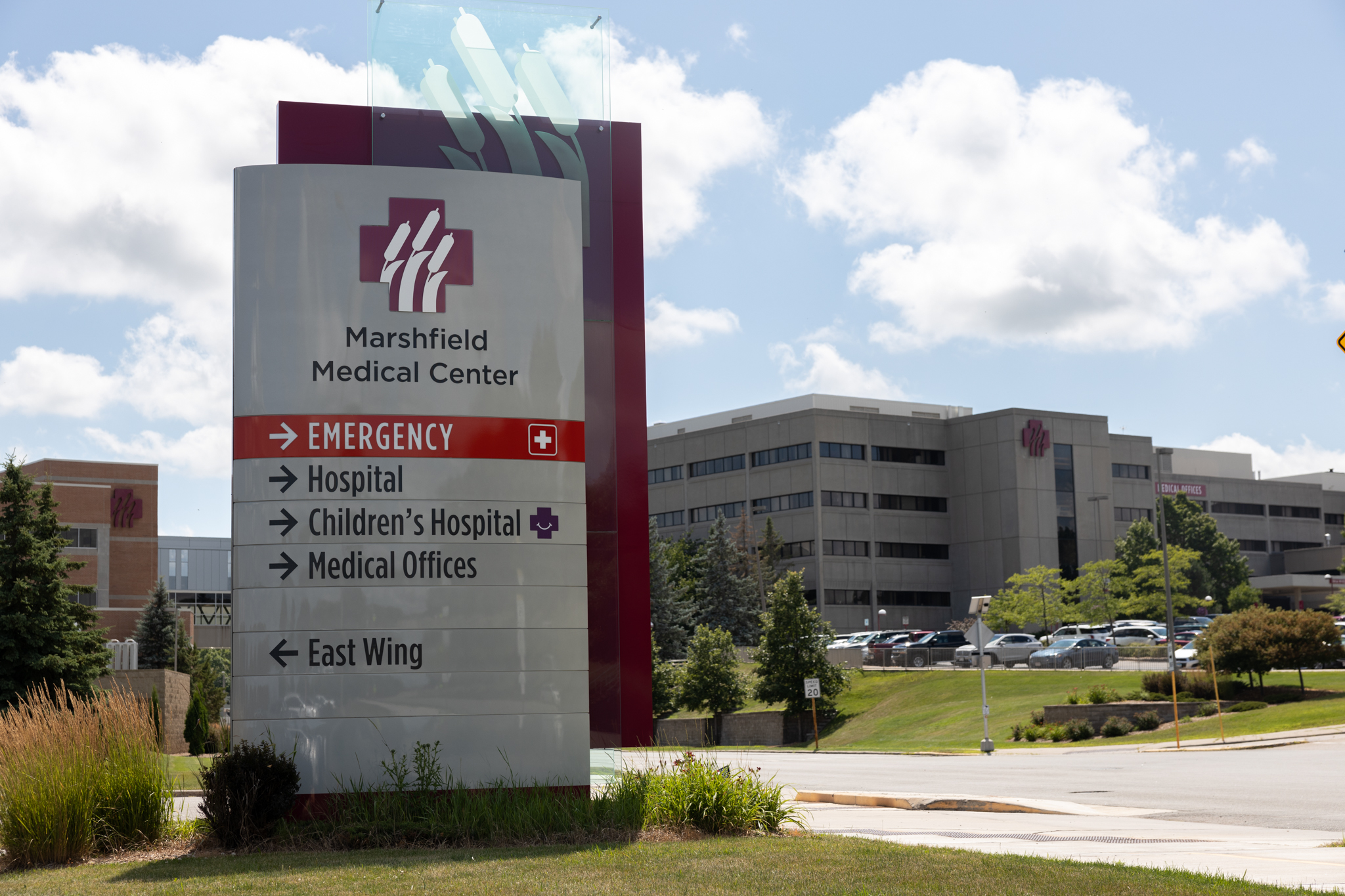Health care providers in Eau Claire are seeing a notable increase in emergency room visits and births following the March closure of two major area hospitals in March.
For the Marshfield Clinic Health System, that’s meant a 47 percent increase in ER patients and a 160 percent surge in deliveries.
Last year, the emergency department at Marshfield Medical Center in Eau Claire saw an average of 63 patients per day. Over roughly the past month, that’s swelled to an average of 93 visits per day, according to Marshfield Clinic West Vice President of Medical Affairs Dr. Brandon Parkhurst. He said at the high end, “it’s crept to the mid 120s.”
“It’s actually all very similar…to what we experienced with COVID … just a slightly different circumstance, right?” Parkhurst said. “In this case, the volume isn’t being driven by an infectious disease. That volume is being driven by a change in the capacity in the market.”
News with a little more humanity
WPR’s “Wisconsin Today” newsletter keeps you connected to the state you love without feeling overwhelmed. No paywall. No agenda. No corporate filter.
When Marshfield’s hospital was built in 2017, Eau Claire’s health care market included three major hospitals, with another in nearby Chippewa Falls.
In March, the Hospital Sisters Health System, or HSHS, permanently closed the Chippewa Falls hospital and its hospital in Eau Claire, leaving the cities with only two options for emergency medical services.
Parkhurst said Marshfield is working on expanding its emergency capacity. Phase one of the plan is to add an additional urgent care room. Phase two, said Parkhurst, means changing “triage processes” so patients can be treated in a single location more quickly and opening a new suite in the emergency department.
“At that point, patients could be triaged and seen, essentially on gurneys in the hallways,” Parkhurst said. “It allows the hallway to be used to treat and care for patients in situations of high volume.”
A statement from a Mayo Clinic Health System spokesperson said its Eau Claire hospital is seeing more people as well. The spokesperson declined to include specific data.
HSHS closures forced ‘900 pregnant moms’ to make new delivery plans
When the HSHS hospitals closed just less than two months ago, Parkhurst said, “there were 900 pregnant moms that were expecting to deliver their baby at Sacred Heart Hospital” in Eau Claire.
“And so those folks, all of a sudden, were in a bit of a pickle,” Parkhurst said.
Marshfield’s Eau Claire hospital had been averaging 35 births per month, he said. In April, there were 91 births, and Parkhurst said they’re projecting that to increase to 122 in May and 140 in July.
In February, Marshfield Clinic announced it would more than double the number of beds dedicated to labor and delivery services in anticipation of the HSHS closures. On May 1, Marshfield officials temporarily paused deliveries at their hospital in Rice Lake, about an hour north of Eau Claire, and diverted those patients to Eau Claire.
“When we dedicated those services in Eau Claire, we subsequently had a challenge in Rice Lake specifically around anesthesia services,” Parkhurst said. “And because we had made the commitment to pregnant moms in Eau Claire, unfortunately, we were in a position where we were no longer able to divert anesthesia resources specifically to Rice Lake, to continue to support that program.”
Political fight stalling $15M in aid
When HSHS announced it would close its hospitals in Eau Claire and Chippewa Falls, area state lawmakers introduced and passed a bill to allocate $15 million for grants to support remaining emergency departments in the region.
But a political fight between Democratic Gov. Tony Evers and Republican members of the Legislature’s budget committee has left the funding in limbo.
When Evers signed the bill, he used a partial veto to make the grants available to support any hospital services in western Wisconsin. In response, GOP lawmakers have declined to release the funding.
Republicans in the state Senate used their supermajority to vote to override Evers’ veto on the ER funding bill and other legislation Tuesday. But a veto override would also require a similar vote in the Assembly, where Republicans are two votes shy of a supermajority.
Wisconsin Public Radio, © Copyright 2025, Board of Regents of the University of Wisconsin System and Wisconsin Educational Communications Board.





